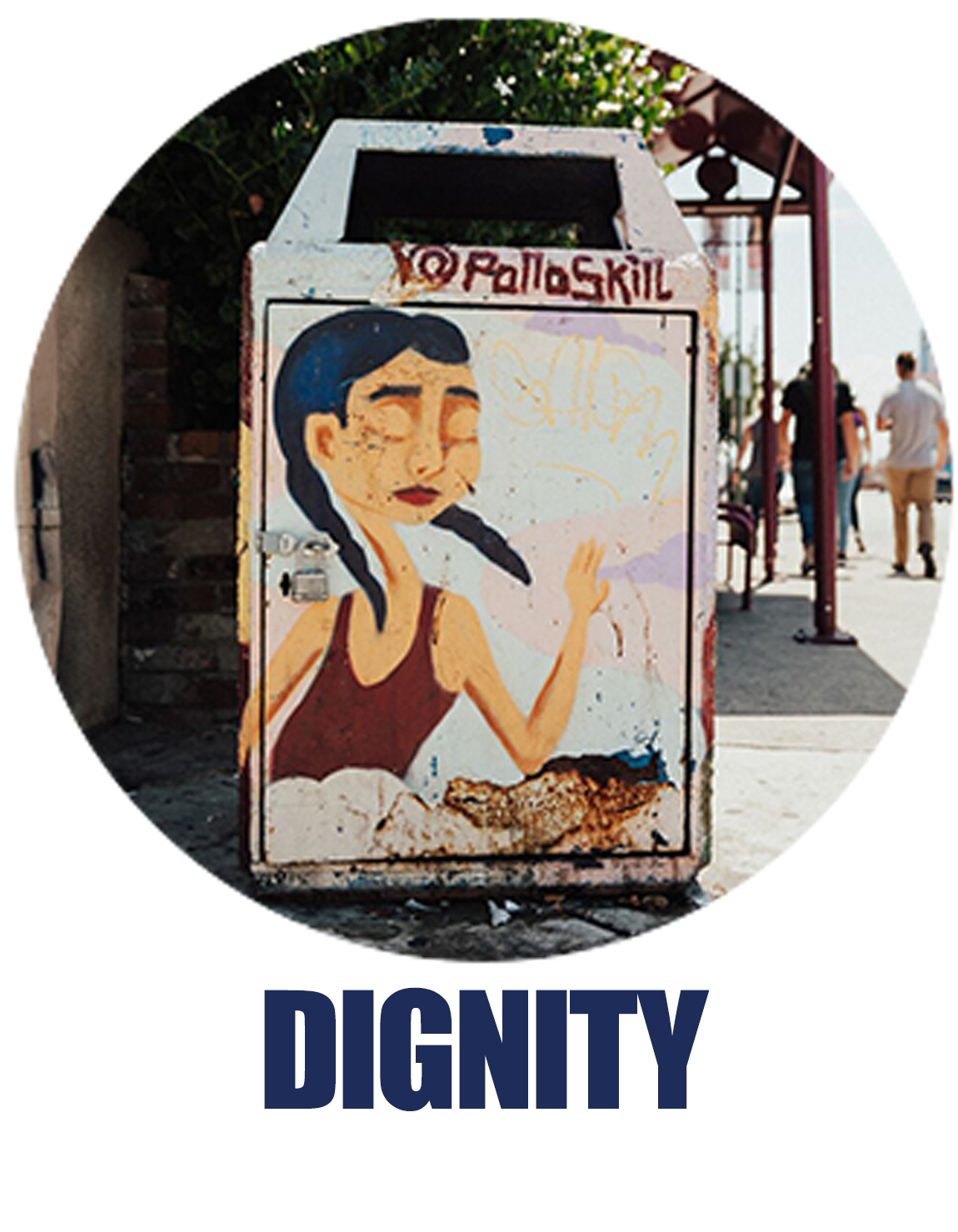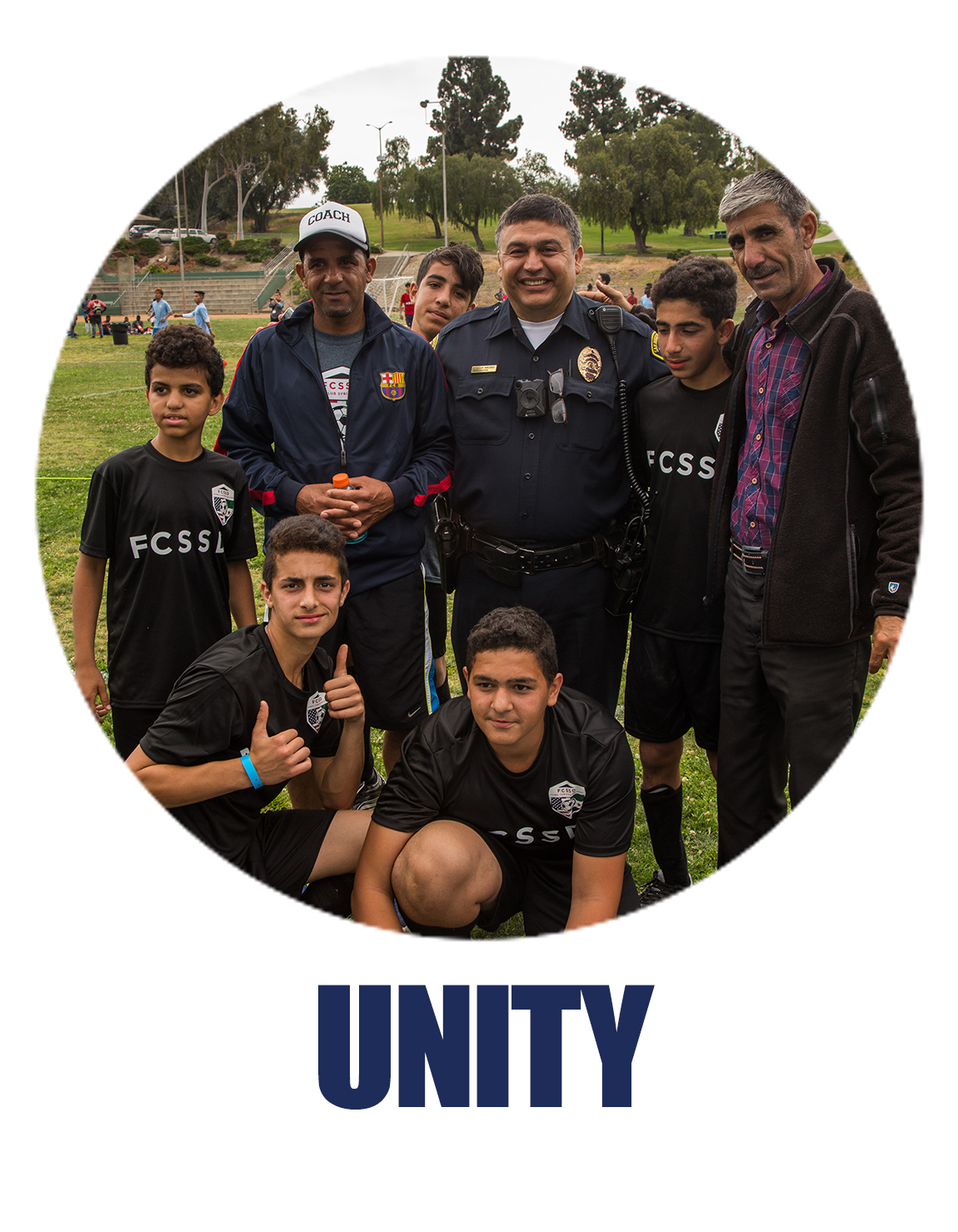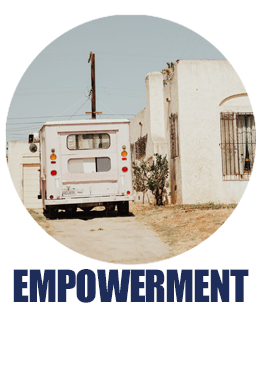Our mission at Legacy City Heights is to provide programs for youth and their families to be successful in building a lasting legacy of dignity, unity, and empowerment.

We believe that people are created in the Image of God and therefore each has value, purpose and a voice. In an area where there’s a struggle to find hope, we want to show families that no matter who they are or where they have come from, everyone has a purpose and can overcome their situation to live the way God intended them to live.

We believe that there are four things that must happen in order to see true unity within a community.
Love: We believe that God’s love is the foundation for building unity within communities. We care for others because He loved us first.
Reconciliation: Living in such a broken world, there has always been division. We strive for reconciliation in communities because God desires it. First to be reconciled to Himself and then to others around us. The only way we can see true reconciliation in our communities is if we don’t yell so loudly that where we can’t hear each other, but to talk with one another, listen to one another, confess, and forgive. By standing together as a community even in our differences, we can learn from each other, overcome differences, love, and truly see peace.
Justice: We seek Justice for the fatherless, widows, strangers, sojourners, and the poor because God cares for all and seeks justice for all. If we ignore those who are hurting and in need, we will never see unity. Psalm 140:12, Isaiah 30:18, Micah 6:8 Zechariah 7:9-10
Partnership: We believe that if we want to see change happen in our neighborhood, we can’t do it on our own. Partnering and working alongside others is vital to seeing people succeed.

We desire empowerment for our City Heights youth and their families by providing opportunities that enrich lives physically and emotionally. We believe long-lasting change is sustained when it happens as a community. Our model for empowerment is:
- Listening to people who live, work and experience life in a community.
- Identifying the needs that have been communicated by community members.
- Developing a measured response to the needs with the community.
- Responding to unmet needs as a community.

